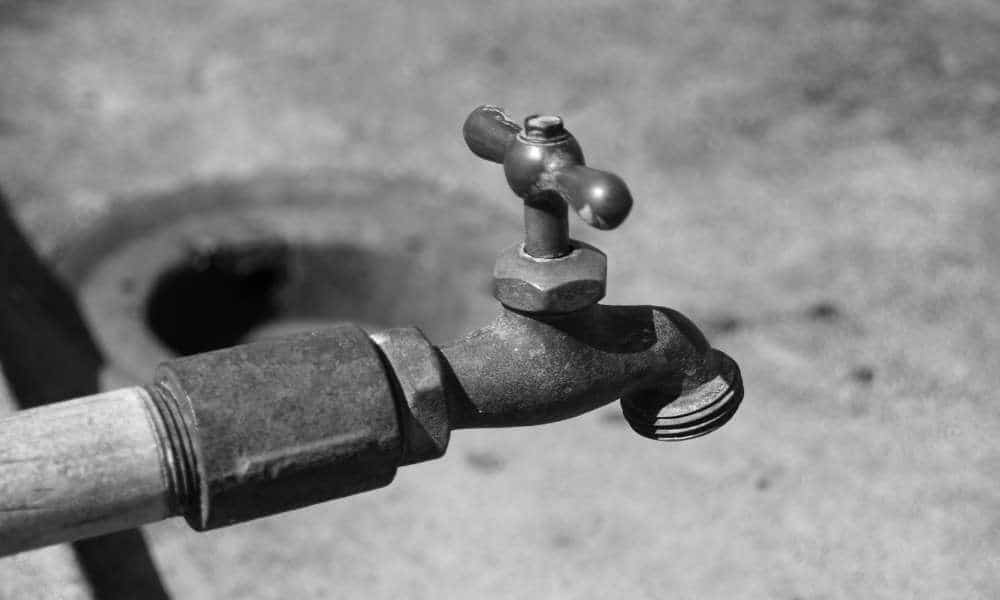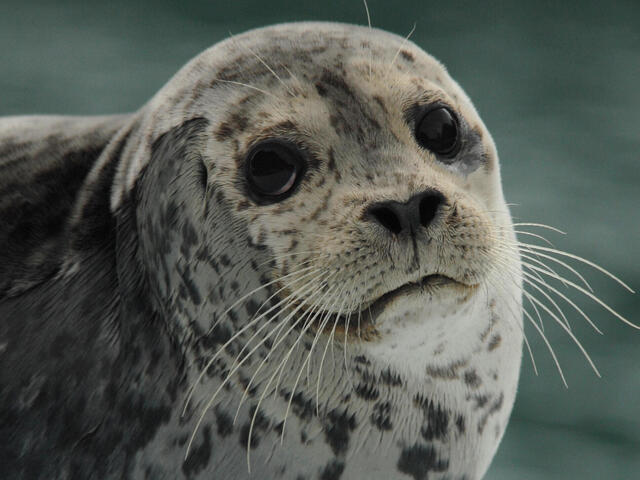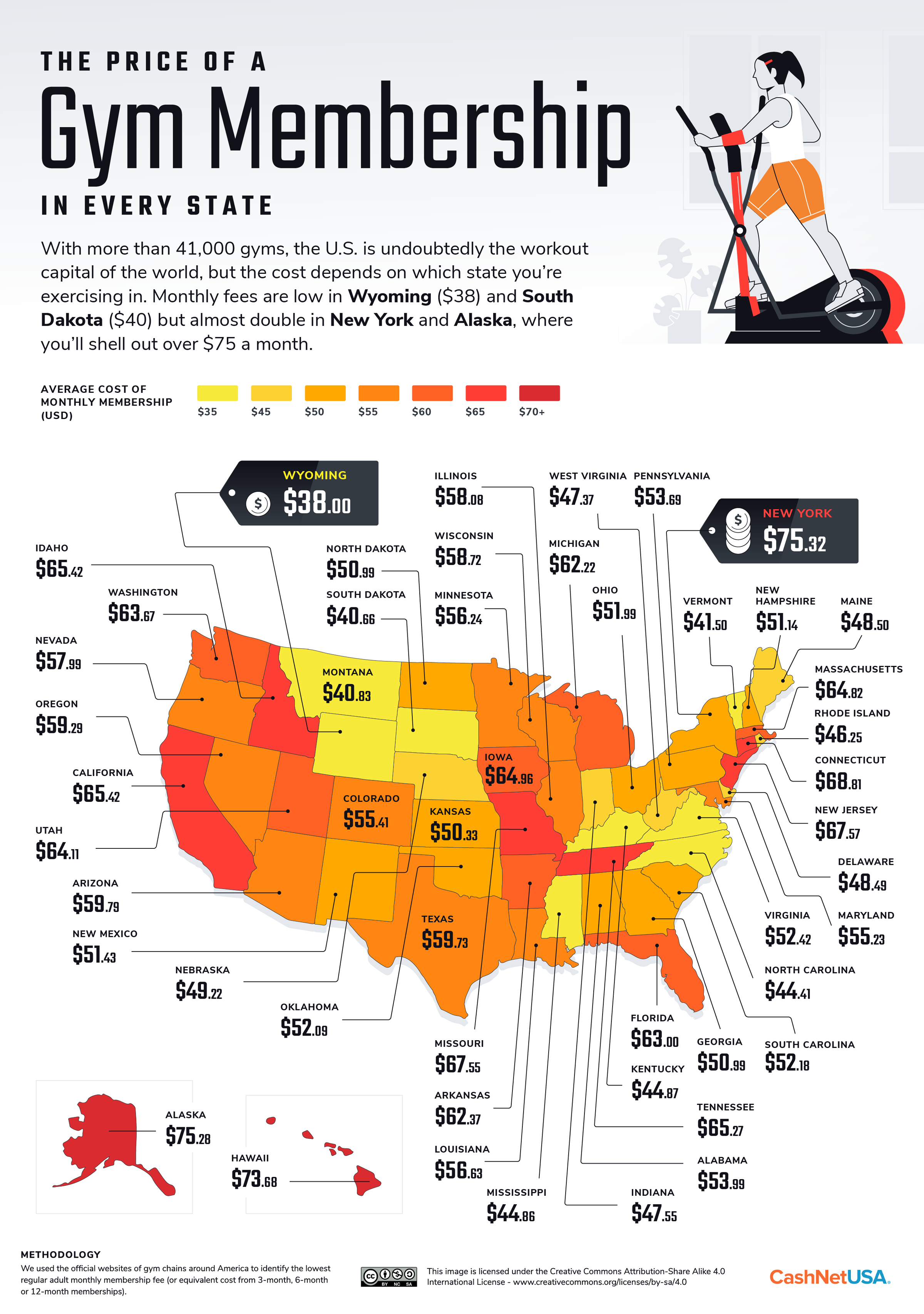Easiest Science Classes in College: Complete Guide to Low-Stress STEM Options
Understand what make a science class’ easy’
When students search for the easiest science classes in college, they’re typically looked for courses that fulfill graduation requirements without overwhelm their schedules. The definition of’ easy’ varies among students, but broadly include factors like minimal lab work, straightforward exams, practical applications, and professors know for clear teaching styles.
Several characteristics define accessible science courses. These classes oftentimes emphasize conceptual understanding over complex mathematical calculations, feature multiple choice exams quite than lengthy problem sets, and focus on real world applications that students can easy relate to their daily lives.
Top easiest science classes for non majors
Environmental science
Environmental science systematically rank among the virtually approachable science courses for students outside stem majors. This interdisciplinary field combine basic scientific principles with policy discussions and current events, make complex topics more digestible through familiar contexts.
The coursework typically involves learn about ecosystems, pollution, climate change, and sustainability practices. Most programs structure these classes with minimal mathematical requirements, focus alternatively on understand cause and effect relationships in natural systems. Lab components oftentimes include field trips to local environmental sites preferably than intensive laboratory experiments.
Nutrition science
Nutrition science appeals to students because it directs apply to everyday life. Course content cover how the body process different nutrients, the science behind dietary recommendations, and the relationship between food choices and health outcomes.
Students find this subject manageable because they can connect scientific concepts to personal experiences with food and health. The curriculum commonly emphasizes memorization of nutrients and their functions preferably than complex biochemical pathways, make it accessible to students with limited chemistry backgrounds.
Astronomy for non majors
Introductory astronomy courses design for non science majors focus on broad concepts about the universe, solar system, and stellar evolution. These classes emphasize wonder and discovery preferably than complex physics calculations.
The mathematical requirements remain minimal, with most calculations involve basic arithmetic. Students learn about planetary motion, star formation, and cosmic phenomena through visual aids, simulations, and occasional telescope observations. The subject course captivate students, make studying feel less like work.
Human geography
While sometimes classify under social sciences, human geography incorporate scientific methods to study population patterns, urban development, and environmental interactions. This interdisciplinary approach makes it an excellent option for students seek science credit without traditional laboratory requirements.
Course content examine how human activities shape and respond to geographic environments. Students analyze demographic data, study migration patterns, and explore the relationship between culture and landscape. The emphasis on critical thinking and analysis appeals to students who prefer discussion base learning over memorization.
Science classes with manageable lab components
Physical science survey
Physical science survey courses provide broad exposure to physics and chemistry concepts without require extensive mathematical backgrounds. These classes introduce fundamental principles through demonstrations and simple experiments that illustrate scientific concepts.
Lab activities typically involve straightforward procedures with predictable outcomes, reduce the stress associate with complex experimental design. Students learn about motion, energy, atomic structure, and chemical reactions through hands-on activities that reinforce lecture material without require advanced problem solve skills.
Earth science
Earth science courses explore geology, meteorology, and oceanography through accessible frameworks that emphasize observation and pattern recognition. Students study rock formation, weather systems, and natural disasters use visual learning approaches.
Laboratory work oftentimes involve examine rock and mineral samples, interpret weather maps, and analyze geological formations. These activities require careful observation kinda than complex calculations, make the lab component less intimidating for students with limited science experience.
Botany for non majors
Introductory botany courses focus on plant identification, basic plant biology, and ecological relationships. The subject appeals to students interested in gardening, hiking, or environmental conservation.
Lab sessions typically involve examine plant specimens, learn identification techniques, and understand plant structures. The hands on nature of plant study allow students to develop skills through practice kinda than memorize complex biochemical processes.
Health and life science options
Health science fundamentals
Health science courses cover basic anatomy, physiology, and health promotion concept relevant to everyday wellness decisions. These classes emphasize practical applications that students can instantly implement in their personal lives.
Course content include understand major body systems, recognize health risk factors, and learn about disease prevention strategies. The material connect scientific knowledge to health behaviors, make abstract concepts concrete and personally relevant.
Psychology as a science
While psychology bridge social sciences and natural sciences, many programs offer research focus psychology courses that fulfill science requirements. These classes introduce scientific methodology through psychological research studies.
Students learn about experimental design, data interpretation, and statistical concepts through the lens of human behavior research. The subject remain engage because it exploreexploresar topics like learning, memory, and social interactions through scientific frameworks.
Forensic science
Forensic science courses capture student interest through crime solve applications of scientific principles. These classes introduce chemistry, biology, and physics concepts through criminal investigation context.
Lab activities might include fingerprint analysis, DNA extraction demonstrations, and evidence examination techniques. The practical applications help students understand scientific concepts while engage with material that feel relevant and exciting.
Strategies for success in easy science classes
Choose the right professor
Professor selection importantly impacts the difficulty level of any science course. Research potential instructors through student evaluations, rate my professor websites, and conversations with previous students. Look for professors know for clear explanations, fair testing practices, and supportive teaching styles.
Some instructors excel at make complex topics accessible through engage lectures, helpful study guides, and reasonable exam expectations. Others might have reputations for unclear explanations or circumstantially difficult assessments despite teach purportedly easy courses.
Understand course structure
Before enrolling, investigate the specific structure of science courses at your institution. Some programs offer separate lecture and lab sections, while others integrate laboratory work into regular class meetings. Understand time commitments help students plan their schedules efficaciously.
Review syllabi from previous semesters when possible to understand assignment types, exam formats, and grade policies. This preparation allow students to develop appropriate study strategies before classes begin.
Utilize campus resources
Most colleges provide academic support services specifically design to help students succeed in science courses. These resources include tutoring centers, study groups, supplemental instruction sessions, and office hours with teaching assistants.
Take advantage of these support systems other in the semester sooner than wait until difficulties arise. Regular attendance at study sessions and consistent communication with instructors can prevent small misunderstandings from become major problems.
Balancing easy classes with academic goals
Meeting degree requirements
While seek easier science options, ensure select courses fulfill specific degree requirements. Some programs require laboratory science credits, while others accept any science course. Verify requirements with academic advisors to avoid take unnecessary classes or miss important prerequisites.
Consider how science course selections might impact future academic or career plans. Students plan graduate school applications should balance accessibility with academic rigor to demonstrate capability in scientific coursework.
Build foundational knowledge
Level in easier science classes, focus on develop genuine understanding kinda than but earn grades. Scientific literacy benefits students careless of their major, provide critical thinking skills and factual knowledge useful in many contexts.
Approach these courses as opportunities to explore scientific thinking without the pressure of intensive competition or complex mathematical requirements. This mindset frequently leads to more enjoyable learn experiences and better retention of course material.

Source: campusrats.com
Common misconceptions about easy science classes
Easy doesn’t mean effortless
Students sometimes assume that easier science classes require no effort or study time. While these courses may be more accessible than advanced chemistry or physics, they notwithstanding require regular attendance, consistent study habits, and engagement with course material.

Source: academicful.com
Successful completion of any college level science course demand attention to detail, completion of assignments, and preparation for examinations. The difference lie in the complexity of concepts and the intensity of workload quite than the complete absence of academic challenge.
Maintain academic integrity
Some students view easier classes as opportunities to coast or engage in academic shortcuts. This approach undermine the educational value of coursework and can lead to serious academic consequences.
Treat all courses with appropriate respect and effort, disregarding of their perceive difficulty level. Develop good study habits in accessible classes build skills that transfer to more challenging coursework throughout college.
Long term benefits of accessible science education
Scientific literacy in daily life
Knowledge gain from accessible science courses provide practical benefits beyond college graduation. Understand basic scientific principles help individuals make informed decisions about health, environmental issues, technology use, and consumer choices.
This foundation enable critical evaluation of scientific claims in media, understanding of medical information, and participation in public discussions about science relate policy issues. These skills remain valuable throughout personal and professional life.
Career applications
Many careers benefit from basic scientific knowledge, still when science isn’t the primary focus. Business professionals work with technology companies, healthcare administrators, environmental consultants, and education professionals all utilize scientific understanding in their work.
The analytical thinking skills develop through scientific coursework transfer to problem-solve situations in various professional contexts. Learn to evaluate evidence, understand cause and effect relationships, and think consistently provide valuable workplace skills.
Make the final decision
Select the easiest science class depend on individual interests, learn styles, and academic goals. Students who enjoy outdoor activities might prefer environmental science, while those interested in health and wellness could find nutrition science virtually engaging.
Consider personal strengths when make course selections. Visual learners might excel in astronomy or earth science courses that rely intemperately on images and diagrams. Students who prefer hands on learning could choose classes with engage laboratory components.
Remember that the easiest class for one student might not be the easiest for another. Research specific course offerings at your institution, read recent syllabi, and consult with academic advisors to make informed decisions that align with your educational objectives and personal circumstances.
MORE FROM getscholarships.de













